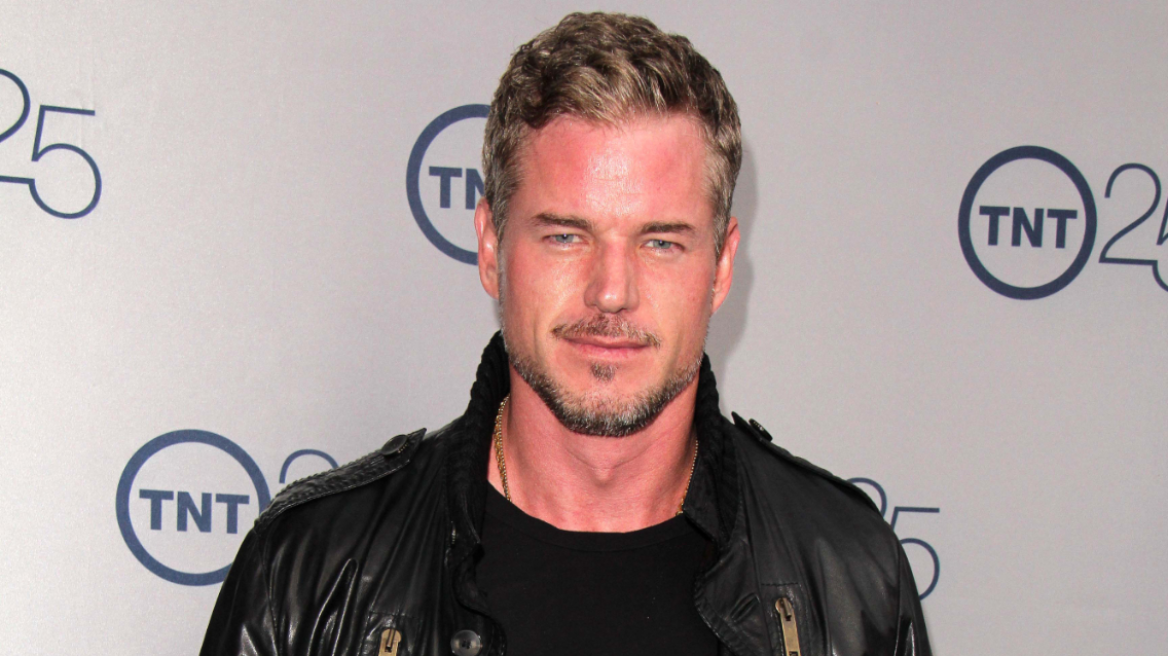The leaders of Italy, Germany, France and Spain met in France to discuss the future of the European Union. After the meeting the four leaders came out with a common agenda and the same ideas about the future of the EU.
Angela Merkel annd Francois Hollande promoted the solution to the problems the EU has been facing is the “multi-speed Europe”, something that the new Italian Prime Minister Gentiloni and the Spanish Prime Minister Mariano Rajoi went along with. The target, as they see it, is to provide an answer to the post-Brexit EU while trying to stop the rise of Eurosceptisism.
Angela Merkel stated after the meeting that “We must have the courage that some countries precede if not all want to participate: a Europe of different speeds is necessary, otherwise we will probably get stuck”.
Mr Hollande said: “Unity is not uniformity and this is the reason why I call for new forms of cooperation (…) that we could go quicker and stronger with some countries without excluding others and without having others who can oppose.”
Their meeting comes ahead of an EU Council meeting in Brussels this week and the 60th anniversary of the Treaty of Rome on March 25.
However, analysts argue that, the fact that once again the leaders of the powerful countries of the EU decide on their own towards which path they will try to stir the EU to, is the cause of concern as this follows the same recipe that led the EU to its current problems. Furthermore, by normalizing, notarizing and further encouraging the inequalities and the gap between the countries of the Europe, the EU will move closer and faster to its final dissolution. Also, ideas like these provide the Eurosceptics with further arguments instead of countering their concerns.
Ask me anything
Explore related questions





